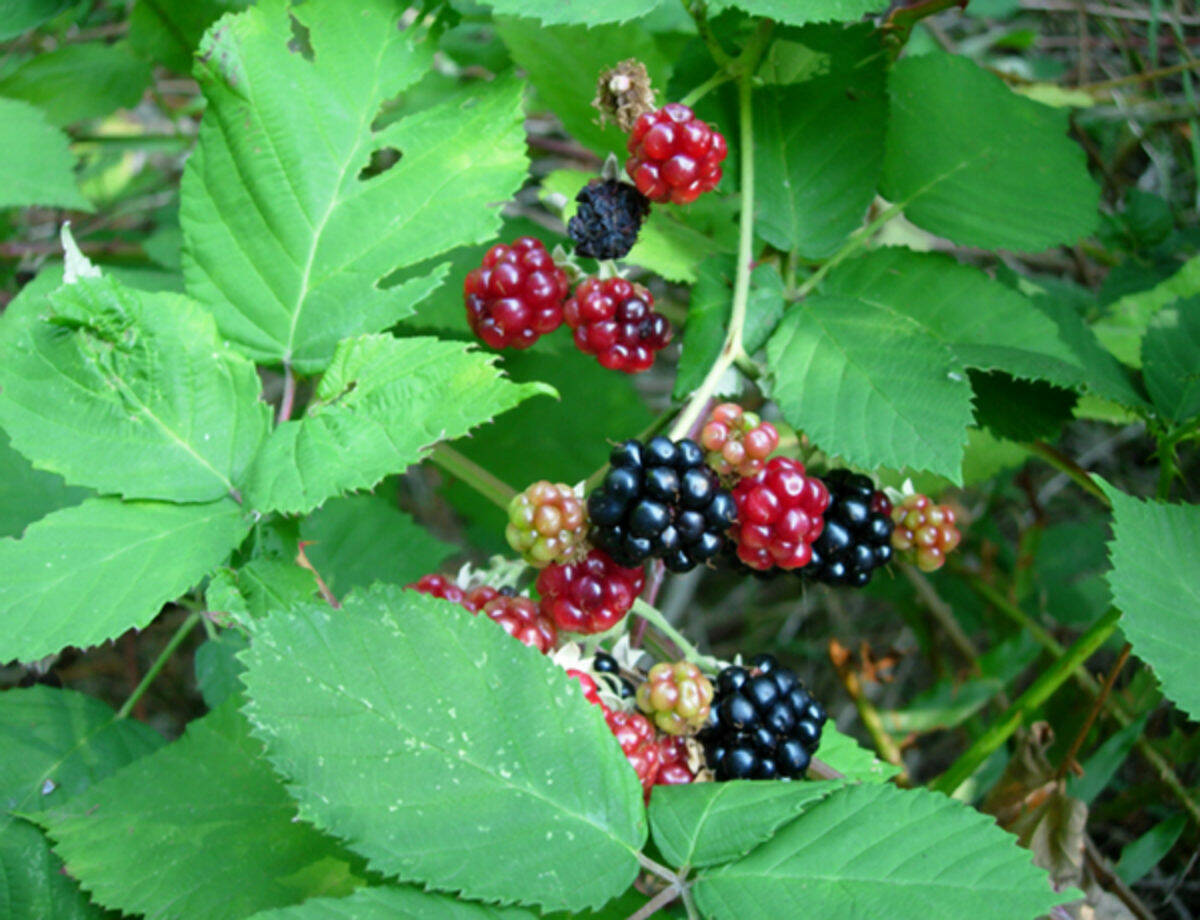Submitted by San Juan County.
To encourage residents to assist in the control of noxious weeds on their property, San Juan County has provided for free disposal of most noxious weed species. San Juan County’s Noxious Weed Control Board, with consultation from the transfer station operators of San Juan, Lopez and Orcas, has placed a limit on the maximum load size for free disposal. The impetus for the change was the disposal cost of a few very large loads which use a disproportionate amount of budgeted funds, potentially limiting access from other residents.
The board’s staff looked carefully at the data over the past year on load sizes and corresponding expenses for each load, and concluded that a cap on the amount the County would pay for each load was needed, given the limited budget of the program. The Board agreed to set a limit per load of 300 pounds for “free” noxious weed loads, or approximately six 32-gallon trash cans by volume (about $60 on Lopez at current rates). For all qualified noxious weed loads, the County will now pay for any load up to 300 pounds, with any amount exceeding that threshold paid for by the property owner or contractor. This free disposal program is only for noxious weeds, not household garbage or other debris mixed in.
At present, all weed species on the current San Juan County Noxious Weed List will be eligible for free disposal excepting the following:
• Himalayan and evergreen blackberries (Rubus bifrons and R. laciniatus);
• Reed canarygrass (Phalaris arundinacea)
• English and Irish ivy (Hedera helix or H. hibernica).
Noxious weed loads brought in for disposal should be bagged or covered with a tarp enroute to prevent weed seeds or propagules from spreading along roadsides. No rocks, dirt or other debris should be included with the load: just noxious weed plant material. To reduce the cost of disposal, it is requested that loads be dry prior to visiting the transfer station, and if time allows, participants are urged to separate and bag flower heads and seeds for disposal, leaving other plant parts behind if they do not pose a threat to further spread. This reduces the weight of the load considerably and makes the program more widely available to the public over a longer period of time.
Funding for this program in 2022 is provided by San Juan County Noxious Weed and Solid Waste programs and is run in cooperation with transfer station operators. To read the new noxious weed disposal policy in detail, and to learn more about noxious weeds in San Juan County, please visit the SJC Noxious Weed Control Program’s website: https://extension.wsu.edu/sanjuan/noxious/.
Or for more information on the Washington State Noxious Weed List, go to https://www.nwcb.wa.gov/printable-noxious-weed-list.
Thank you for helping to keep San Juan County a better place to live through noxious weed control.



